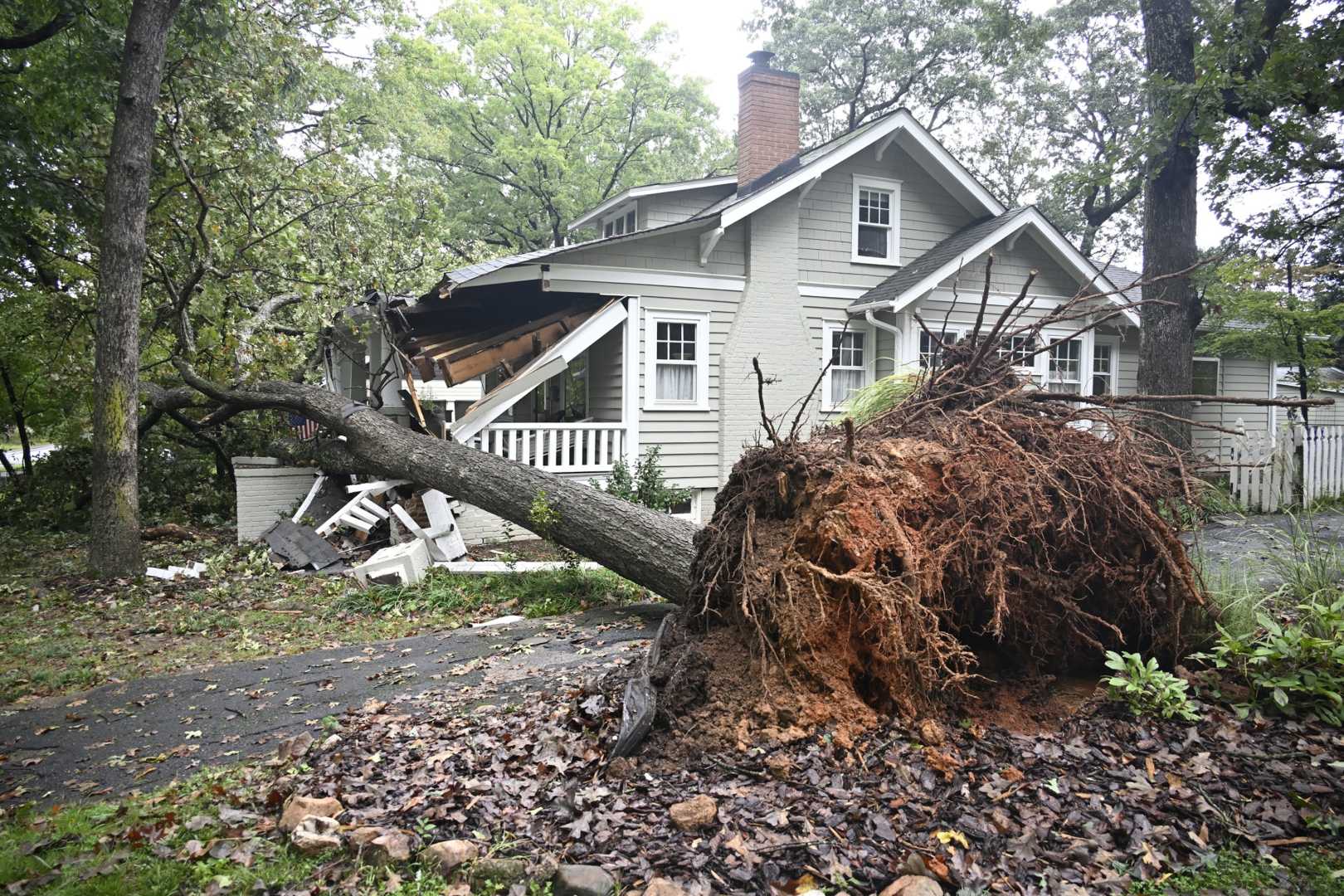News
Death Toll Rises in Buncombe County After Tropical Storm Helene

The aftermath of Tropical Storm Helene has significantly impacted Western Carolina, particularly Buncombe County, where officials have confirmed the death toll has risen to 40. Local authorities are uncertain about the number of individuals still missing, complicating ongoing recovery efforts.
During a press briefing on Monday, Buncombe County Sheriff Quentin Miller reported incidents of looting as residents scavenge for essential supplies. Although not widespread, the looting has prompted the county to bolster law enforcement presence by recruiting deputies from neighboring counties, with plans to assemble a 100-strong team.
Buncombe County Manager Avril Pinder expressed frustration over the state and federal response, highlighting an urgent demand for resources. “We’ve been asking for water and it’s still in low quantities,” Pinder stated, emphasizing the need for a more effective response from state partners. She disclosed that food and water were requested from FEMA before Helene struck, and the first shipment of water only arrived early Monday morning.
The city of Asheville reported severe damage to its water infrastructure, with critical water mains and backup lines at its primary plant washed away. Although a secondary plant remains operational, city officials warned that comprehensive repairs could span weeks.
The North Carolina Department of Transportation confirmed that over 300 roads in the region remain closed, with the most notable obstruction being a four-mile section of eastbound Interstate 40 that was devastated near the Tennessee border. Additionally, power outages persist, affecting over 450,000 homes and businesses—though this number has decreased from a peak of over one million.
As of Sunday, September 29, the region, including Asheville and Buncombe County, remains under a state of emergency. The status will continue indefinitely as search and recovery operations proceed in the most affected areas.












